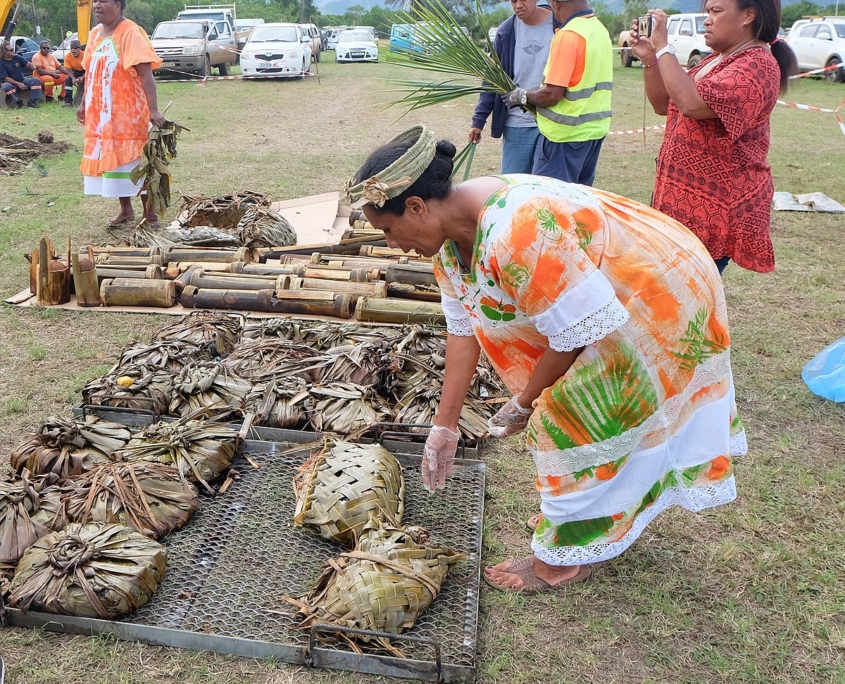Hunger in New Caledonia Tied to Unemployment Rates

New Caledonia is a group of islands situated in the South Pacific Ocean. Although it is a part of French territory, it enjoys a considerable degree of autonomy. In recent years, unrest in the region has negatively impacted the economy, leading to increased poverty and hunger in New Caledonia.
Current Realities
Dissatisfaction among various factions due to societal disparities intensified after the 2021 referendum, leading to significant turmoil and widespread protests. This unrest had a detrimental effect on the economy, pushing New Caledonia to the brink of bankruptcy. Consequently, many people have lost their jobs, businesses have shut down and incomes have declined. As a result, poverty levels have increased and food insecurity has become a pressing issue throughout the region, especially among the Indigenous Kanak population.
- The poverty rate in the region is approximately 19.1%, with a significantly higher rate of 45.8% in rural areas.
- The national unemployment rate stands at 11.2%, but it reaches around 38% for the Indigenous population.
- Undernourishment is prevalent in 6% of the population.
Drivers of Hunger and Poverty
The pandemic and the political turmoil are the main drivers for rising poverty, unemployment and hunger in New Caledonia, severely impacting the economy and the population in various ways.
- Nickel Mining– Protests, riots and blockades have led to a reduced workforce, disruptions in supply chains, and the destruction of equipment and infrastructure, resulting in financial losses and unemployment.
- Tourism Decline– COVID-19, along with the subsequent riots and protests, has negatively impacted the tourism industry, leading to a significant decline in the number of tourists and the loss of thousands of jobs.
- Reduced Investment– The security situation has led to a lack of trust among foreign companies, which has decreased foreign investments. Consequently, the GDP has dropped by 20% since early 2024.
- Dependence on France- New Caledonia receives substantial aid from France, accounting for 15% of its GDP. However, this assistance hinders the government from implementing its own policies to reduce poverty among the vulnerable population.
- Destruction of Businesses- The riots and violence have damaged infrastructure and businesses, resulting in the loss of investments and income for the common man in the region.
- High cost of living– The high cost of living in the region has adversely impacted the population, with the Kanaks suffering the most. This situation has further exacerbated poverty and hunger among the vulnerable population in New Caledonia.
Path to Progress
Despite the challenges, the local government, international organizations and the French government are working to improve the situation in the region. The French government has provided an additional $136 million to help revive local businesses. Additionally, the United Nations is supporting the Indigenous population in their fight for equal rights and opportunities. With these combined efforts, there is hope for a better future for the vulnerable population in New Caledonia.
– Maria Waleed
Photo: Wikemedia
Updated: December 17, 2024
